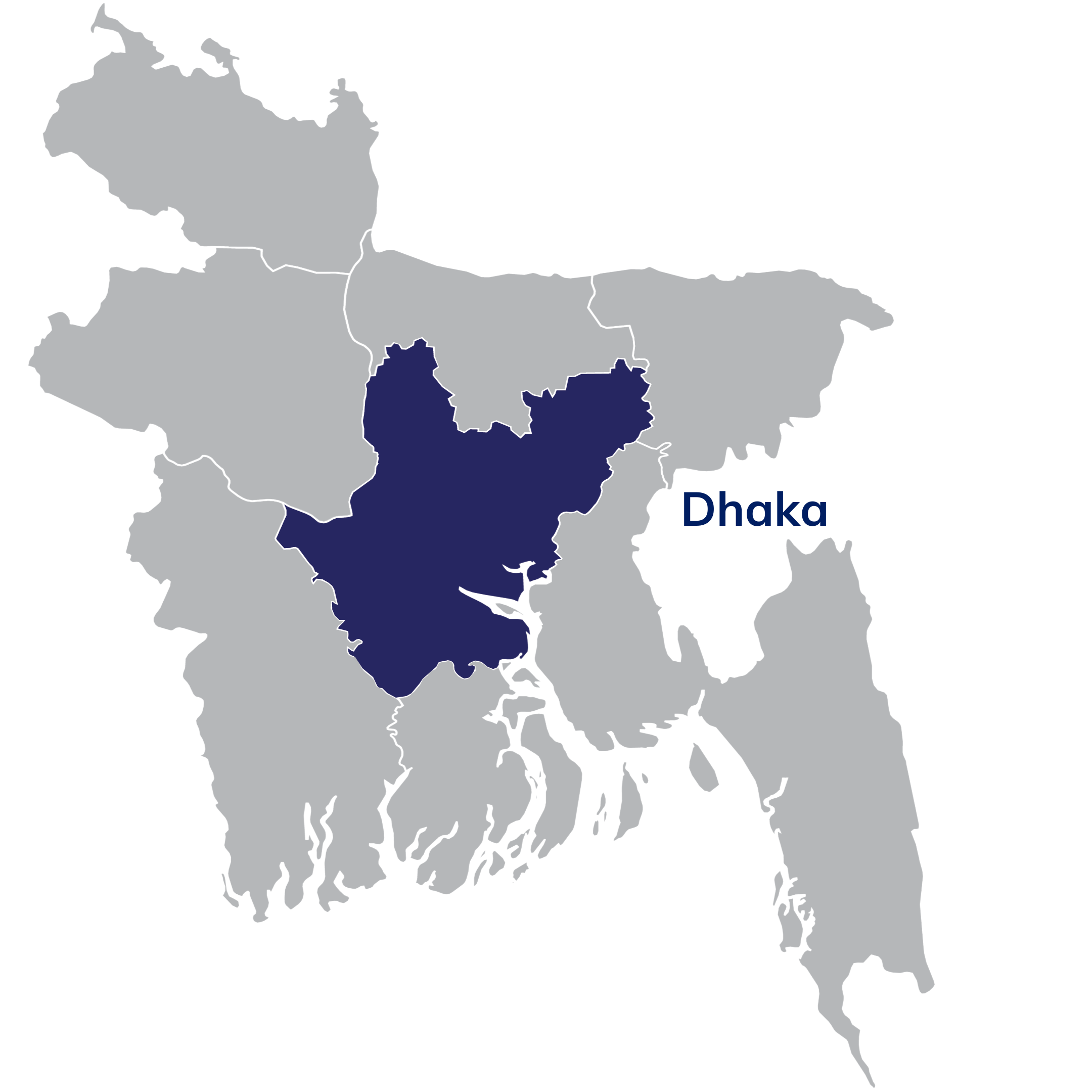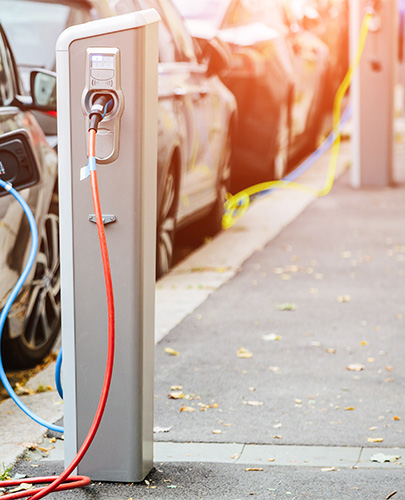Countries:
Dhaka
Bangladesh
Status:
Completed
Sector:
Mobility
Development of an EV financing tool and a scalable business model to accelerate the uptake of EVs in Bangladesh.
Recognising the intersection between environmental sustainability and social justice, this project aimed to reduce emissions from transport in Bangladesh. ‘Road to a Green Bangladesh’ wanted to increase uptake of electric vehicles (EVs) by developing an inclusive EV financing tool, enabling structural change, and enhancing stakeholder engagement, knowledge and capacity.
The project supported micro, small and medium enterprises (MSMEs) with scalable business models – including a significant number run by women entrepreneurs – with tools and advice to enable the preparation of business cases for EV based projects. The team also worked with financial institutions (FI) to drive the investments that will allow businesses to substantially increase their use of EVs.
This project was delivered by Ricardo Energy and Environment in partnership with Infrastructure Development Company Limited (IDCOL), LightCastle Partners, Policy Exchange Bangladesh and Hivos Energia
“I believe there is a massive opportunity in Bangladesh for EV solutions, and initiatives like this can further accelerate EV growth in Bangladesh.’’
Nafees Ur Rahman
Head of Business for Truck Lagbe

MSMEs surveyed to assess current demand for EVs and barriers to increased uptake
MSMEs supported in developing business plans focusing on the adoption, transition, or scaling up their use of EVs
local FIs interviewed to understand available financial services and the MSME loan application process
stakeholder engagement platforms established - the “Financial Institution Working Group” and the “Business Engagement Forum”
To build an understanding of the sector, the project team carried out surveys and engagement studies with transport providers and EV ecosystem stakeholders. This highlighted that access to finance, affordability, unawareness of EVs, lack of standardisation of batteries and lack of stable and predictable regulatory frameworks are the key barriers – although EVs are considered an attractive transport substitution. Guided by these findings, financial tools customised for EV-related requirements of MSMEs were developed.
The project team worked with MSMEs to build robust business models around EV use to demonstrate the economic and environmental benefits, and produced 10 MSME focused case studies with strong GESI considerations. The business models were presented to potential investors to generate interest among financiers.
The project successfully established two engagement platforms: the Financial Institution Working Group (FIWG) and the Business Engagement Forum (BEF). These platforms assessed the identified business models supporting EV uptake, and engaged in discussions on specialist financing tools.
A key output was a knowledge product to share evidence that supports a business-led EV uptake programme in Bangladesh – one that could deliver significant emissions reductions in the long-term. This included a financial viability assessment, comparing EVs with their conventional vehicle equivalents.
The results showed that under current circumstances, further work is needed to create demand and understanding of the benefits of EVs. The findings were presented and discussed with the Government of Bangladesh, development partners and private sector actors, ensuring the lessons generated are fed into future funding and policy decisions in the sector.
cohorts of women entrepreneurs (from urban and rural areas) trained on accounting and book-keeping
women entrepreneurs supported in accessing professional networks and financing institutions
case studies of MSMEs catering specifically to women customers, including women-run enterprises and enterprises
women-focused business models presented to FIs in the final event
To address some of the barriers that women entrepreneurs (WEs) in Bangladesh face, the project held training and knowledge sharing for a group of rural and urban WEs, targeted to their specific needs:
The project linked these WEs with professional networks to share knowledge – these are expected to continue beyond the project. Discussions were also facilitated with financial instititions to raise awareness on the challenges of accessing finance. The project identified that larger, institutional financing bodies remain less accessible to WEs. Some common challenges are not knowing the documentation required for applying, not being aware of available options, and being ineligible for finance due to titles of properties or rental agreements (that can be used as collateral or identification) not being in their name.

Overall, EVs are gaining momentum in Bangladesh, paving the way for a wider rollout in the near future. This may contribute to increased business opportunities, poverty reduction, GESI, and environmental sustainability. The introduction of women entrepreneurs to formal accounting practices and financing options dedicated to MSMEs is expected to result in better business growth in the long term.
The project highlighted several key recommendations for future development of the sector:
Supporting small enterprises and start-ups in adoption, transition or scaling up of electric vehicles in their businesses
View PDFElectric vehicle demand needs assessment survey for micro, small and medium-sized enterprises (MSMEs) in Bangladesh
View PDFUK PACT (Partnering for Accelerated Climate Transitions) is a unique capacity-building programme. Jointly governed and funded by the UK Government’s Foreign, Commonwealth and Development Office (FCDO) and the Department for Energy Security and Net Zero (DESNZ) through the UK's International Climate Finance, it works in partnership with countries with high emissions reduction potential to support them to implement and increase their ambitions for tackling climate change.
© Copyright 2025 UK PACT Privacy Notice Cookie Policy